Medals; QRO 1859
Topic: Medals

Medals; QRO 1859
The Queen's Regulations and Orders for the Army, Horse-Guards, 1st December, 1859
Medal with Annuity.
 1. A silver medal and an annuity are granted, as a reward for "distinguished or meritorious service," to Serjeants, either while serving, or after discharge, (such discharge not being anterior to the 19th December 1845,) with or without pension, and which may be held during service, and together with pension; the annuity is not liable to forfeiture except by sentence of court-martial, or by conviction of felony by a court of Civil Judicature. The name of the Serjeant, the number of his regiment, and the date of grant, are to be engraved on the side of the medal, which also bears the words "For meritorious Service."
1. A silver medal and an annuity are granted, as a reward for "distinguished or meritorious service," to Serjeants, either while serving, or after discharge, (such discharge not being anterior to the 19th December 1845,) with or without pension, and which may be held during service, and together with pension; the annuity is not liable to forfeiture except by sentence of court-martial, or by conviction of felony by a court of Civil Judicature. The name of the Serjeant, the number of his regiment, and the date of grant, are to be engraved on the side of the medal, which also bears the words "For meritorious Service."
2. Commanding officers of regiments are to address their recommendations for this honorable distinction to the Military Secretary, transmitting at the same time descriptive returns and records of services of the Serjeants they select.
Medal with Gratuity.
3. A silver medal and a gratuity are granted, under the provisions of the Royal Warrants, to non-commissioned officers and soldiers for "Long service and good conduct;" the rank and name, and the date of grant, will be engraved on the medal at the public expense. A medal and gratuity were also, during the Crimean War, granted for Distinguished Conduct in the Field.
4. On all occasions in which commanding officers of regiments recommend soldiers for the Medal and Gratuity for Good Conduct,—which should be done as soon as practicable after the completion of the required term of service, viz., in the artillery, engineers, and infantry, eighteen years, and in the cavalry twenty-one years,—they are to transmit to the Adjutant-General a return of each individual so recommended, according to the form prescribed in page 195; care being taken to state accurately in this return where the soldier recommended is serving; and should he have been tried in the early part of his career, although not within the last eighteen years in the infantry, and twenty-one in the cavalry, a copy of the charge, finding, and sentence is to accompany the return. When the regiment is abroad, in order that the gratuity may be invested as the circumstances require, it must be stated whether the recipient will be sent to England as an invalid or otherwise, within such a period as to preclude the possibility of his wearing the decoration with the service companies. Under special circumstances, pensioners may be recommended by their former commanding officers for this distinction, but they are eligible only for the year in which they were discharged, and the application must be made within three years from the date of their quitting the service.
5. In cases where the recommendation is made by the officer commanding the depot of a regiment, he is to state in his letter, inclosing the return, that he has communicated with, and obtained the concurrence of, the officer commanding the regiment.
6. The grant of this distinction is to be announced in regimental orders, to the end that every man who obtains it may be held up as an object of respect and emulation to the non-commissioned officers and soldiers of the regiment in which he has served, and the Medal is to be delivered by the commanding officer of the regiment to the soldier on parade, and is to be worn by him as an honorable testimonial of his Sovereign's approbation of his conduct.
7. A Serjeant on becoming an Annuitant will in all cases be required to relinquish the Gratuity of which he may be in possession, making a declaration in writing that he does so voluntarily. The Medal inscribed for "Meritorious Service" cannot be held together with that for "Good Conduct and Long Service but the latter must be surrendered on receipt of the former. Neither can two Medals for "Distinguished Conduct'' be held by the same individual, but a Serjeant on becoming an Annuitant must relinquish one of them. An Annuitant may, however, hold the "Meritorious Service " Medal, or that for “Good Conduct and Long Service," together with the Medal for "Distinguished Conduct in the Field."
8. Commanding Officers are at liberty to recommend the re-appropriation of a relinquished Gratuity to any other deserving Soldier or Soldiers, provided they shall have been serving in the year for which the Gratuity was originally awarded, and shall have fulfilled the required conditions as to service and character in that year.
Forfeited Medals
9. Medals granted for service in the Field, as well as Medals and Gratuities, and Medals and Annuities, for Good Conduct, are forfeited by soldiers on conviction of desertion or felony,—on being sentenced to penal servitude,—or on discharge with ignominy. They are also liable to forfeiture by sentence of court-martial, on conviction of disgraceful conduct, or, in case of Serjeants, on reduction to the ranks. Medals thus forfeited are to be transmitted to the Adjutant-General, for the purpose of being returned to the Mint.
Medals designedly made away with.
10. Medals are to be shown at the weekly inspection of necessaries, when officers commanding companies are to ascertain that they are the property of the men showing them:—when a man is unable to produce his medal, a Board, consisting of one captain and two subalterns, is to inquire into and record the cause of the loss. If the Board be of opinion that the man has designedly made away with or pawned his medal, he is to be tried by court-martial and, if convicted, put under stoppages, and the amount is to be credited to the public. After five years' absence from the regimental defaulters' book the offender may be recommended to the Commander-in-Chief for a new medal, on again paying the value thereof.
Replacement of lost Medals.
11. If the loss be proved to have occurred from carelessness or neglect, the loser may be recommended to the Commander-in-Chief for a new medal, at his own expense, after two years' absence from the regimental defaulters' book.
12. If the loss be accidental the loser may be recommended at once for a new medal, either at his own expense or that of the public, according to the circumstances of the case; it being understood that, in order to justify the replacement of a medal at the public expense, the loss must be proved to have occurred on duty, by some accident entirely beyond the control of the loser; in all other cases, such as the loss of a medal cut from a tunic or stolen from a soldier's person, the loser must pay for it himself
13. The Board is invariably to call for evidence as to the character of soldiers who lose their medals, and when no testimony regarding the loss is produced beyond the beyond the loser's own assertion, the Board, except under very special circumstances, which it will record in its finding, is to deal with the case as if it were proved that the loss occurred from neglect.
14. When the Board recommends a medal to be replaced at once, the proceedings in original, prepared on a separate sheet in each case (unless the circumstances attending the loss be actually the same in each), are to be transmitted in a letter, with the prescribed Form of Return giving a description of the medal, and its various clasps, if any.
15. When the Board does not recommend a medal to be replaced at once, the proceedings are not to be forwarded to head-quarters until the prescribed time has elapsed, according to the regulations above given for making the application.
16. In cases in which the clasps are not lost they are to be transmitted to the Adjutant-General, to be attached to the new medal.

Posted by regimentalrogue
at 12:01 AM EST




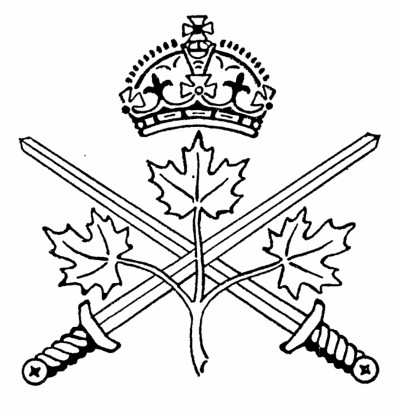

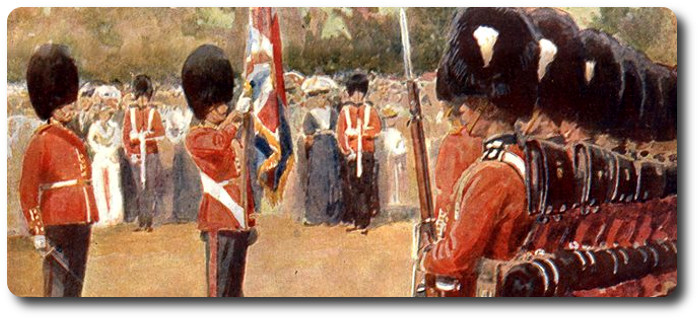
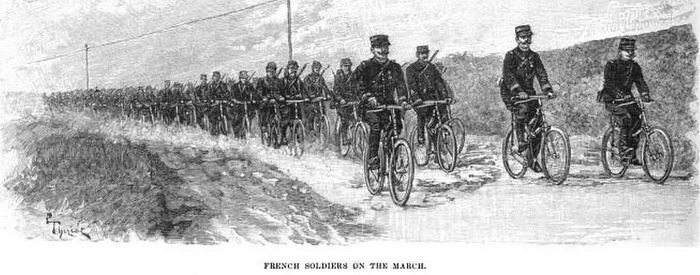
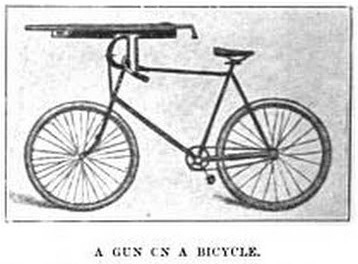 The serious consideration that France is giving the bicycle in connection with service in war, has led the military experts all over the civilized world to take up the matter, but as an admirable article in the London Daily Mail says: "Little has been done by any of the great Powers, although experts have long agreed that the bicycle will play an important part in the next war." But it is not the "faddy" or "ornamental" order with which the French have taken it up. Captain Gerard, a young officer of the French army, is proving by severe tests that bicycle corps can be trained to very nearly take the place of cavalry. He has been training his men to the performance known as the "cleaving of the Turk’s head" with the bicycle instead of the horse. It was found to be extremely difficult at first, and the slightest shifts in the saddle caused a spill. But the men soon acquired great proficiency, and demonstrated that the weight and impetus of the horse count as little, and that the feat is accomplished by strength and dexterity alone.
The serious consideration that France is giving the bicycle in connection with service in war, has led the military experts all over the civilized world to take up the matter, but as an admirable article in the London Daily Mail says: "Little has been done by any of the great Powers, although experts have long agreed that the bicycle will play an important part in the next war." But it is not the "faddy" or "ornamental" order with which the French have taken it up. Captain Gerard, a young officer of the French army, is proving by severe tests that bicycle corps can be trained to very nearly take the place of cavalry. He has been training his men to the performance known as the "cleaving of the Turk’s head" with the bicycle instead of the horse. It was found to be extremely difficult at first, and the slightest shifts in the saddle caused a spill. But the men soon acquired great proficiency, and demonstrated that the weight and impetus of the horse count as little, and that the feat is accomplished by strength and dexterity alone.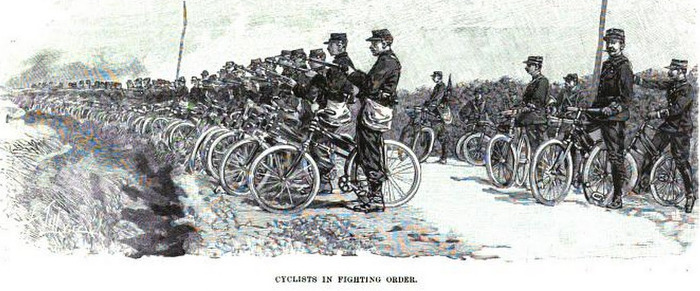
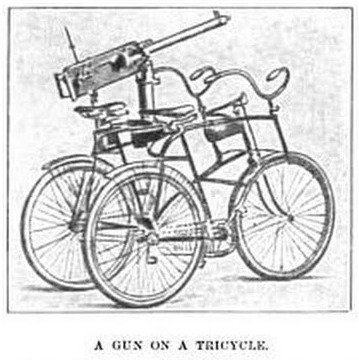 It is, however, in skirmishing that the bicycle promises most. A commander marching into an enemy’s country has had in times past to rely upon a corps of fleet horsemen to "feel the way" and follow the movements of the enemy. The extent of territory over which this could be done daily was limited by the powers of the horse. The bicycle skirmishers, however, would suffer under no such limitations. The transportation of fodder for the horses is one of the most serious problems that confront a military commander, and their care entails a vast amount of labour, which takes so many men out of the list of available fighters. Many times in history the approach of an enemy has become known by the tramping of the horses, which, upon a hard road, can be heard a long way off on a still night. Experienced campaigners have detected this ominous sound when the horses were miles away. Nothing of this kind would be possible. Again, a mounted horseman makes a large object at night, but a cyclist crouching low could only be seen with difficulty, and would make a very difficult target to hit. The tandem skirmishers are specially formidable. They have a speed which no horse can attain. In times of danger the rider in front can bend low and work the pedals while his companion can fire over his shoulder. Altogether the French officer in charge of the experiment has demonstrated to his own satisfaction the superiority of the bicycle over the horse for many purposes in warfare.
It is, however, in skirmishing that the bicycle promises most. A commander marching into an enemy’s country has had in times past to rely upon a corps of fleet horsemen to "feel the way" and follow the movements of the enemy. The extent of territory over which this could be done daily was limited by the powers of the horse. The bicycle skirmishers, however, would suffer under no such limitations. The transportation of fodder for the horses is one of the most serious problems that confront a military commander, and their care entails a vast amount of labour, which takes so many men out of the list of available fighters. Many times in history the approach of an enemy has become known by the tramping of the horses, which, upon a hard road, can be heard a long way off on a still night. Experienced campaigners have detected this ominous sound when the horses were miles away. Nothing of this kind would be possible. Again, a mounted horseman makes a large object at night, but a cyclist crouching low could only be seen with difficulty, and would make a very difficult target to hit. The tandem skirmishers are specially formidable. They have a speed which no horse can attain. In times of danger the rider in front can bend low and work the pedals while his companion can fire over his shoulder. Altogether the French officer in charge of the experiment has demonstrated to his own satisfaction the superiority of the bicycle over the horse for many purposes in warfare.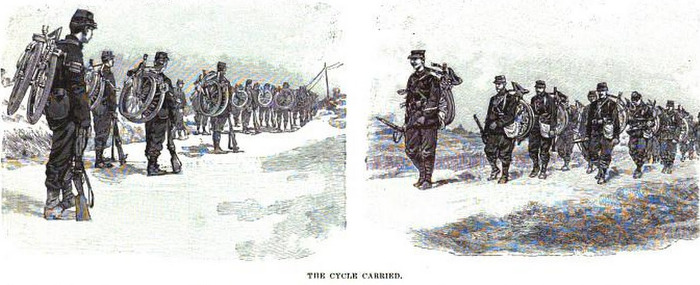
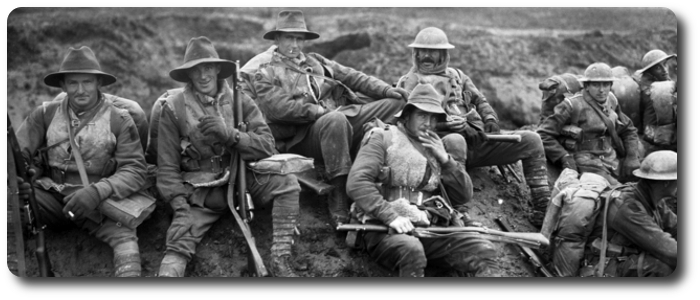
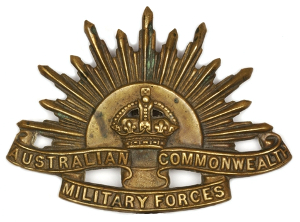 Whatever the Australian troops may be called upon to undergo in the nature of hard rations in the field, when they are in the depot and standing camps in Australia they have abundant and excellent food. Their ration is more liberal than that of almost any army in the fighting fields today, or amongst the forces of the mobilised central powers. Bully beef and biscuits, jam, biscuits and bully beef, jam, alternated, disguised with a dash of vegetables, was the ration at Anzac. It was a good ration, too, for any army fighting and moving every day, and with an abundant water supply available. But it was monotonous diet for such a campaign as Gallipoli, and unhealthy as well when the water supply was so strictly limited. Casting aside the condiments, and the little extras that came to hand, this was the staple food of the Australian army in the field. Compare it with the 1 ¼ lb. bread (or 1 lb. biscuit), and 1 1/2 lb. meat (or 1 lb. fresh or salt fish), 1 lb. potatoes and 8 oz. mixed vegetables that the troops at the camps throughout the Commonwealth have as the basis of their daily meals. Flour, rice and curry powder are a weekly ration, which helps the cooks to give variety to a breakfast, lunch or dinner. An army fights on its stomach; it builds up reserve in physique, muscle and toughened sinew by long hours of drilling, marching, exposure to the elements; it lives and prospers on the rations that are provided after a day of vigorous training and campaigning.
Whatever the Australian troops may be called upon to undergo in the nature of hard rations in the field, when they are in the depot and standing camps in Australia they have abundant and excellent food. Their ration is more liberal than that of almost any army in the fighting fields today, or amongst the forces of the mobilised central powers. Bully beef and biscuits, jam, biscuits and bully beef, jam, alternated, disguised with a dash of vegetables, was the ration at Anzac. It was a good ration, too, for any army fighting and moving every day, and with an abundant water supply available. But it was monotonous diet for such a campaign as Gallipoli, and unhealthy as well when the water supply was so strictly limited. Casting aside the condiments, and the little extras that came to hand, this was the staple food of the Australian army in the field. Compare it with the 1 ¼ lb. bread (or 1 lb. biscuit), and 1 1/2 lb. meat (or 1 lb. fresh or salt fish), 1 lb. potatoes and 8 oz. mixed vegetables that the troops at the camps throughout the Commonwealth have as the basis of their daily meals. Flour, rice and curry powder are a weekly ration, which helps the cooks to give variety to a breakfast, lunch or dinner. An army fights on its stomach; it builds up reserve in physique, muscle and toughened sinew by long hours of drilling, marching, exposure to the elements; it lives and prospers on the rations that are provided after a day of vigorous training and campaigning.
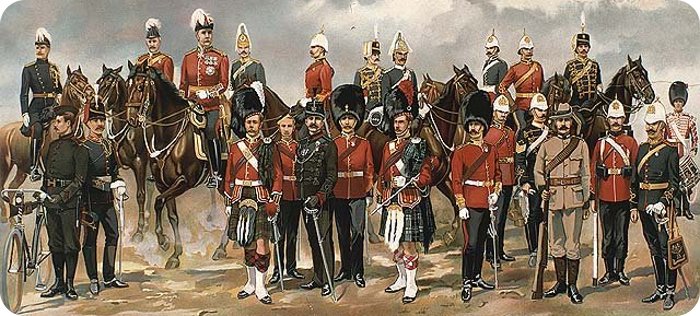
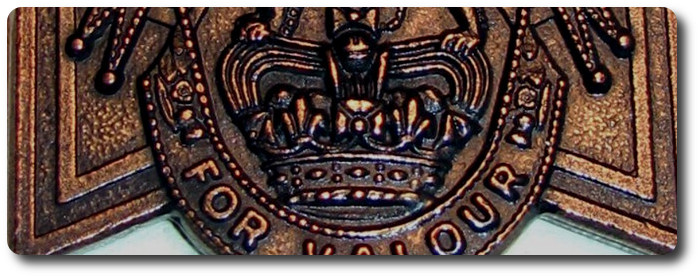
 London— (CP)—The
London— (CP)—The 
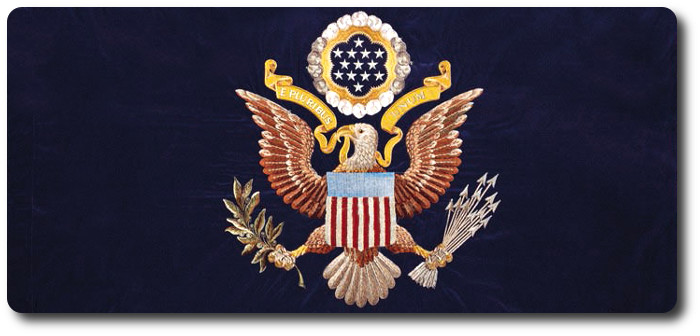
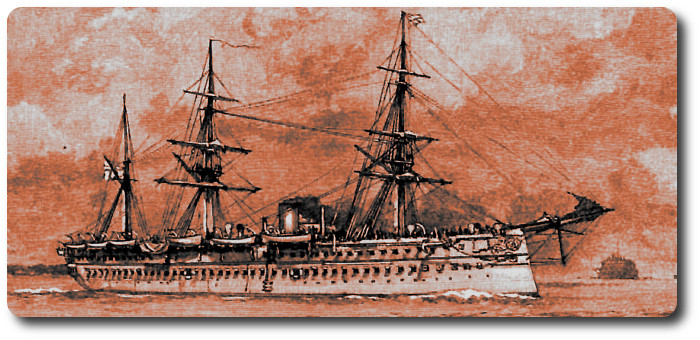
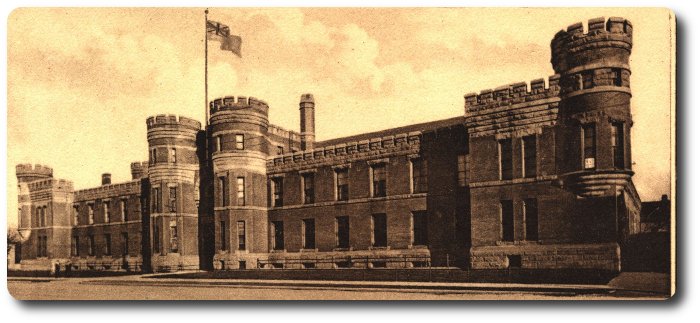
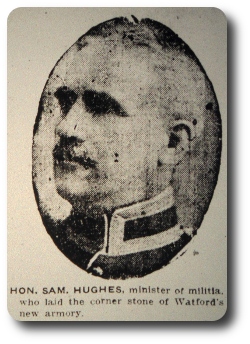 While it is not the principle of the Militia Department to interfere with the privilege of having liquor in the regimental messes, those in which abuses occur will be immediately closed, according to a statement made to The Gazette last night by Col. The Hon. Sam Hughes, Minister of Militia, who was in Montreal for the purpose of opening the St. Matthew's Church bazaar. The messes, however, he thought, should be closed at the same time as the bars. Reports are coming in from the different divisions and any action will probably be regulated by these, although no drastic change is likely to be made.
While it is not the principle of the Militia Department to interfere with the privilege of having liquor in the regimental messes, those in which abuses occur will be immediately closed, according to a statement made to The Gazette last night by Col. The Hon. Sam Hughes, Minister of Militia, who was in Montreal for the purpose of opening the St. Matthew's Church bazaar. The messes, however, he thought, should be closed at the same time as the bars. Reports are coming in from the different divisions and any action will probably be regulated by these, although no drastic change is likely to be made.
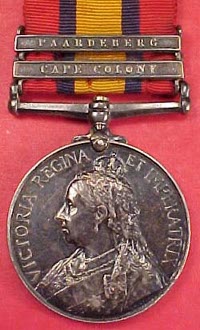 Information having been requested as to how medals should be worn, from those who have recently received their South African medal, the following is published for the information of all concerned:—
Information having been requested as to how medals should be worn, from those who have recently received their South African medal, the following is published for the information of all concerned:—
 His Excellency the Commander in Chief has been pleased to direct that Captain Hanson's Company, No. 1, of the
His Excellency the Commander in Chief has been pleased to direct that Captain Hanson's Company, No. 1, of the 
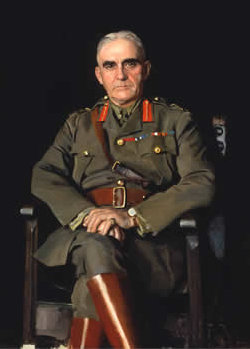 Disclosures hitherto unrevealed because of his official connection with the government as Canadian minister of militia and interesting information bearing upon his activities in that post were made by General Sir Sam Hughes in a review of practically all pertinent phases of Canada's part in the war in an address before members of the Toronto branch of the United Empire Loyalists in the Arts Association Building, 23 Prince Arthur Avenue, last night.
Disclosures hitherto unrevealed because of his official connection with the government as Canadian minister of militia and interesting information bearing upon his activities in that post were made by General Sir Sam Hughes in a review of practically all pertinent phases of Canada's part in the war in an address before members of the Toronto branch of the United Empire Loyalists in the Arts Association Building, 23 Prince Arthur Avenue, last night.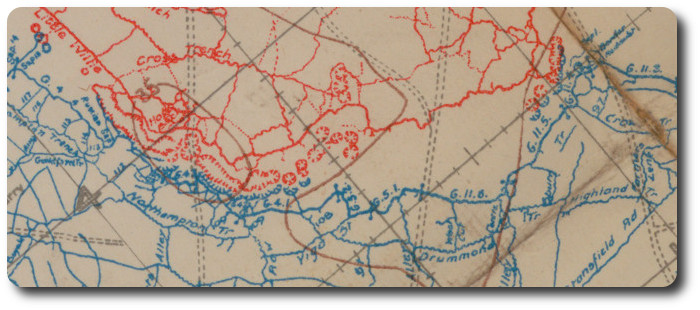
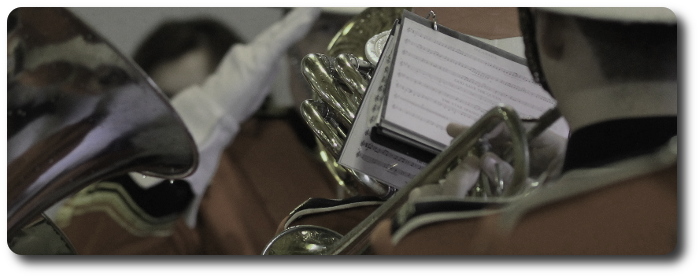
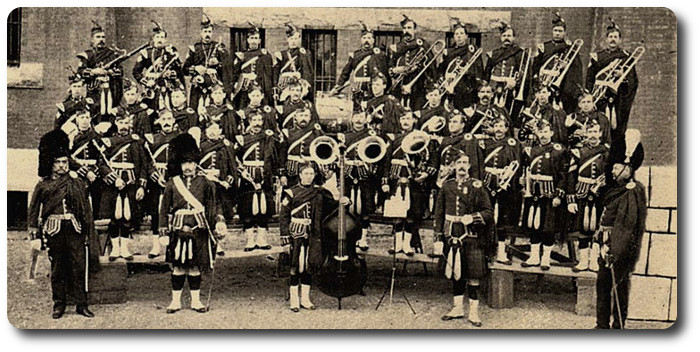
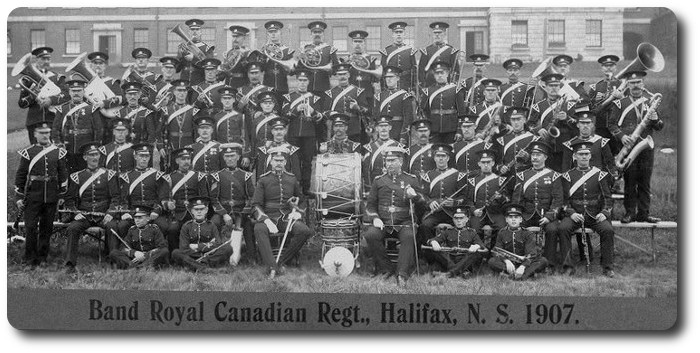
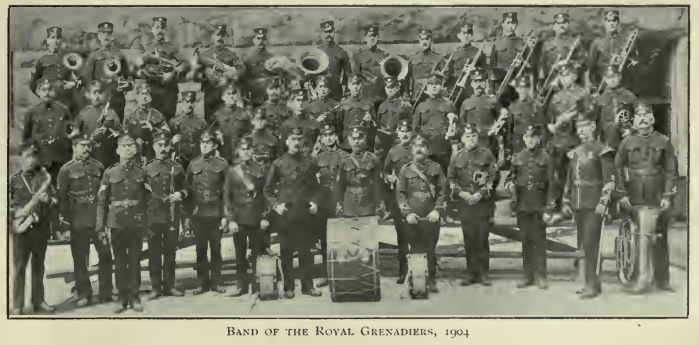
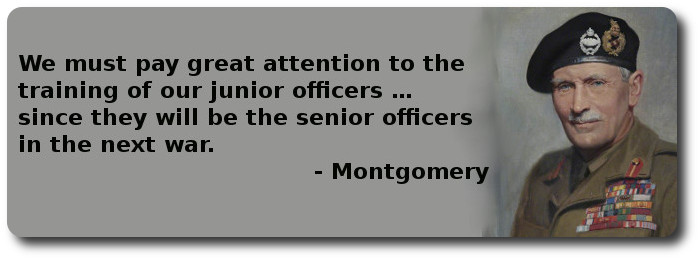
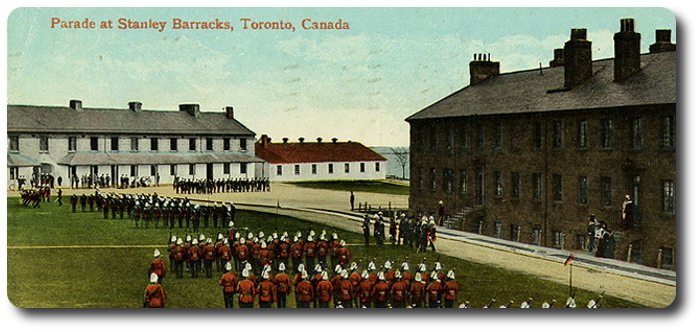
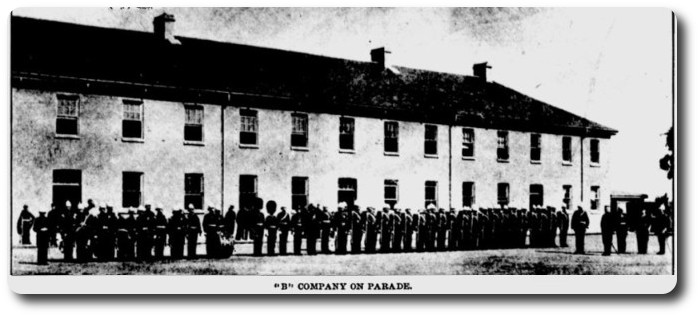

 1. A silver medal and an annuity are granted, as a reward for "distinguished or meritorious service," to Serjeants, either while serving, or after discharge, (such discharge not being anterior to the 19th December 1845,) with or without pension, and which may be held during service, and together with pension; the annuity is not liable to forfeiture except by sentence of court-martial, or by conviction of felony by a court of Civil Judicature. The name of the Serjeant, the number of his regiment, and the date of grant, are to be engraved on the side of the medal, which also bears the words "For meritorious Service."
1. A silver medal and an annuity are granted, as a reward for "distinguished or meritorious service," to Serjeants, either while serving, or after discharge, (such discharge not being anterior to the 19th December 1845,) with or without pension, and which may be held during service, and together with pension; the annuity is not liable to forfeiture except by sentence of court-martial, or by conviction of felony by a court of Civil Judicature. The name of the Serjeant, the number of his regiment, and the date of grant, are to be engraved on the side of the medal, which also bears the words "For meritorious Service."
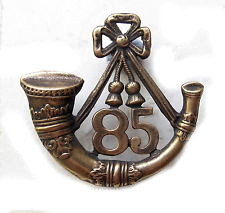 John Roach, aged 34, was indicted for the wilful murder of Daniel Maggs, in the
John Roach, aged 34, was indicted for the wilful murder of Daniel Maggs, in the 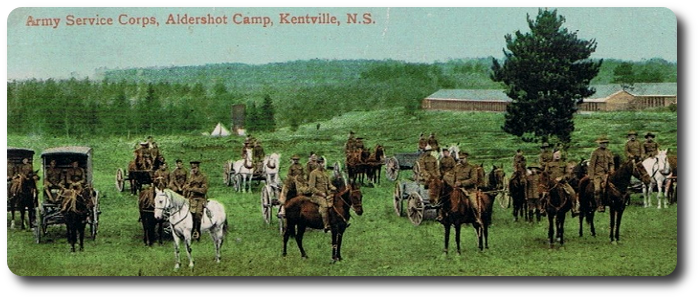
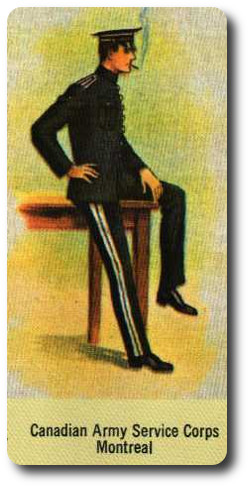 A departmental regulation says that the Canadian Army Service Corps (permanent unit) being a combatant corps, its officers will hold the usual ranks and titles of combatant officers, but their command and authority will not extend outside the Canadian Army Service Corps until such time as they have qualified as follows: To be entitled to exercise as the senior officer present, the command of troops of other corps in the field, an officer must hold the same qualifications in the Canadian Army Service Corps (permanent unit) as are required for officers of corresponding ranks in the then combatant branches as laid down in King's regulations for the Army, 1904.
A departmental regulation says that the Canadian Army Service Corps (permanent unit) being a combatant corps, its officers will hold the usual ranks and titles of combatant officers, but their command and authority will not extend outside the Canadian Army Service Corps until such time as they have qualified as follows: To be entitled to exercise as the senior officer present, the command of troops of other corps in the field, an officer must hold the same qualifications in the Canadian Army Service Corps (permanent unit) as are required for officers of corresponding ranks in the then combatant branches as laid down in King's regulations for the Army, 1904.